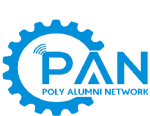Senior executive team members visit the University of Bahir Dar in Ethiopia
Two senior executive team members of PAN have recently visited Bahir Dar Institute of Technology (BiT) and expressed their appreciation of how PAN has been able to establish relationships with its mother institution. Berhanu Kebede and Tewodros M. Dessalegn (PhD), as graduates of BiT and PAN’s executive members, enjoy the deep connection with BDU. The duo travelled to Ethiopia for separate family visits; however, they have decided to spend some of their valuable vacation time by visiting the universities and carrying out PAN’s mission. Berhanu has played a key role in sourcing recently donated High Performance Computing Servers (HPCs) from the USA to some universities in Ethiopia including BDU. During his visit to BDU, AAU, and other universities, Berhanu told the managements of the universities that the servers were shipped and have now been on their way to the Djibouti port. PAN has been heavily involved in facilitating the shipping process and made a significant financial commitment by paying for the shipping and packaging costs of donated servers. Berhanu went on to say that he had very productive discussions on how the servers can be distributed among the universities and he promised that PAN will be closely following the remaining steps. According to Berhanu, PAN may also be involved in the technical aspects of how the servers can be used. Berhanu later stated to PAN leadership team that he believes PAN should continue to work collaboratively with the universities and delivered the “thank you” messages from the would-be receivers of the servers to PAN members.
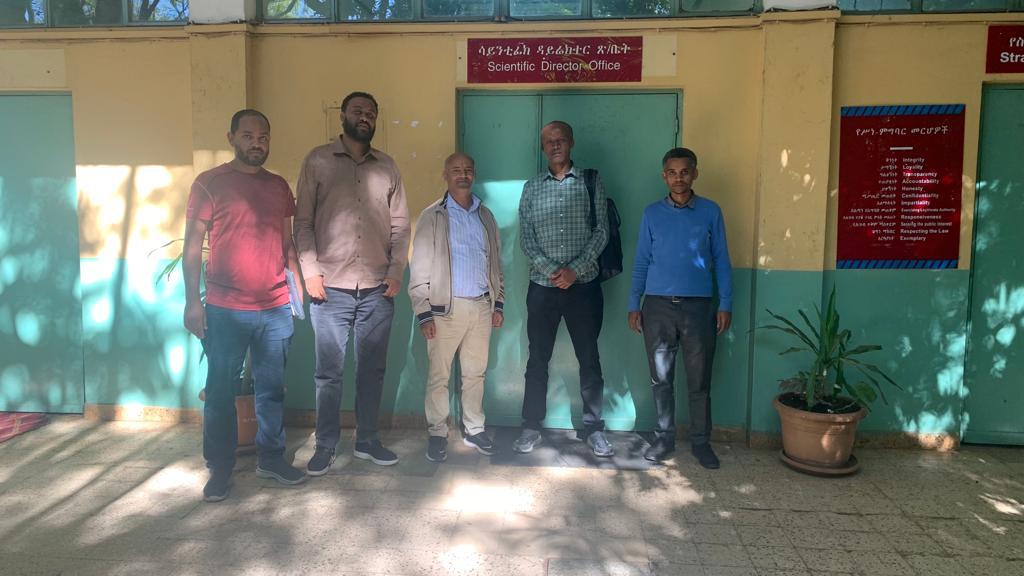
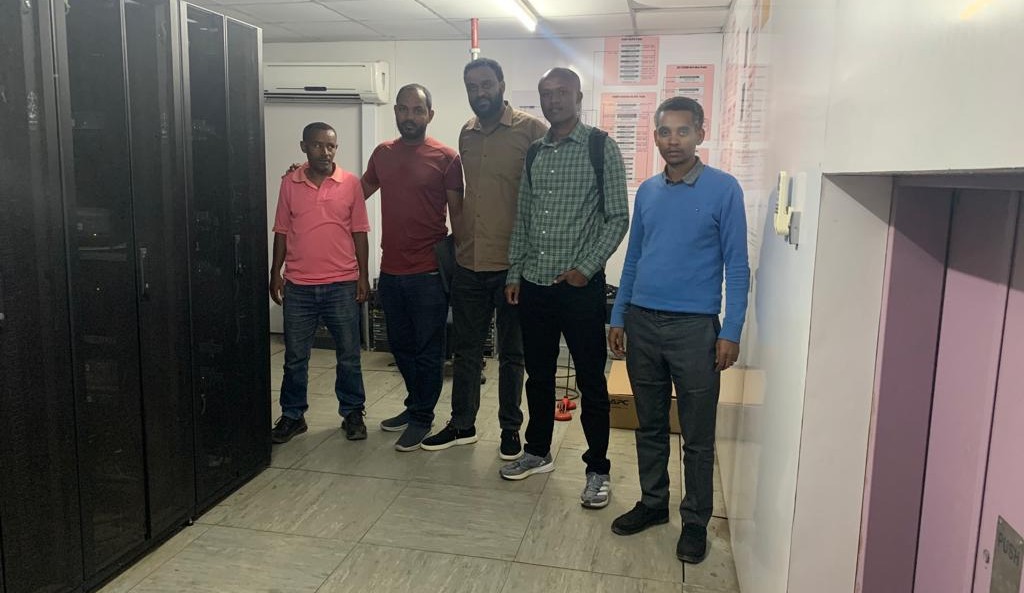
Tewodros, on his part, spent significant time at BiT teaching postgraduate civil engineering students, meeting with various academic staff, and BiT’s senior management team. Tewodros has long been teaching courses at BIT civil engineering department remotely. Tewodros’s visit BiT and his subsequent in-class teaching has given students the opportunity to meet him in-person allowing them to interact without barriers.
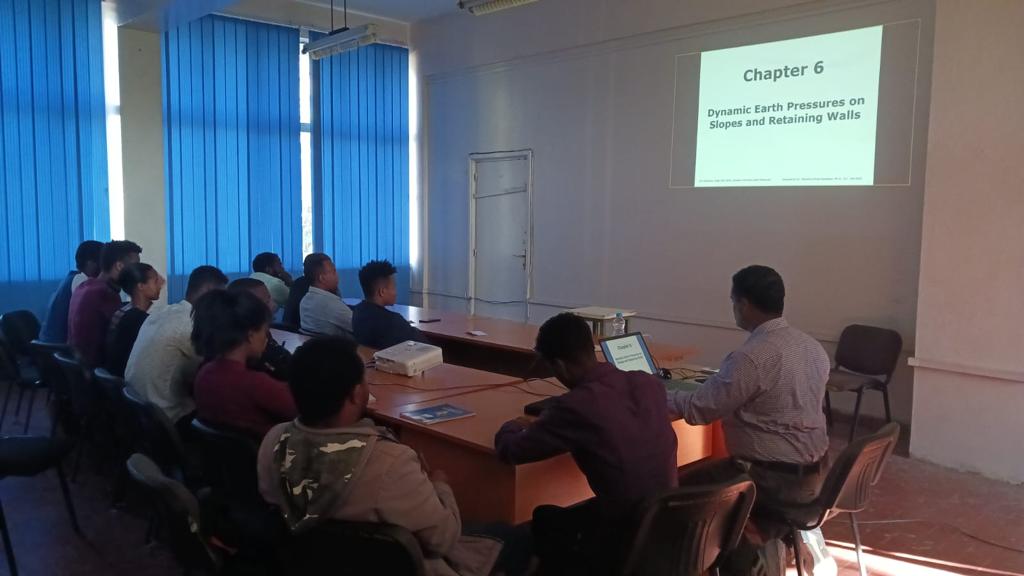
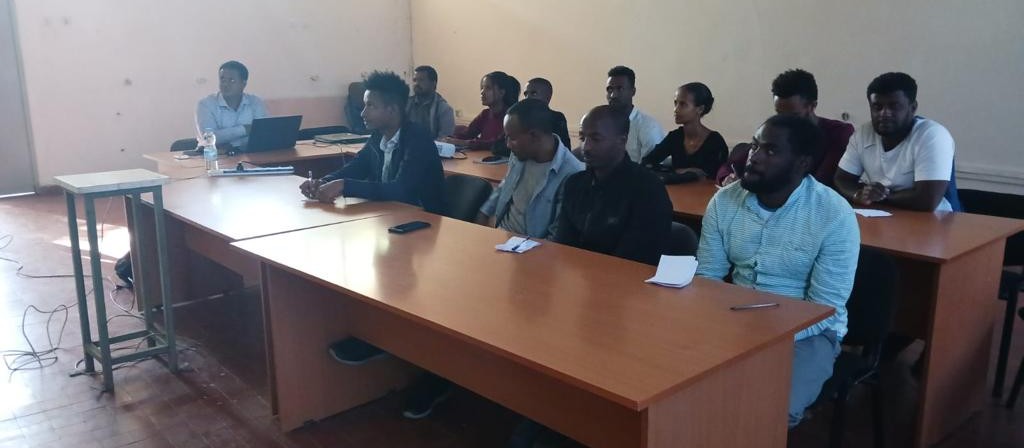
In the meeting Tewodros had with the BiT senior management team, he met with Dr. Bimrew (BiT’s Scientific Director), Dr. Mekuanint (BiT’s Research and Community Services Deputy Director), Dr. Amare (BiT’s Maker Space – Incubation Center Director), Mr. Temesgen Getnet (PAN member and BiT’s Communication Director), and Mr. Abebaw (PAN’s representative at BiT). At the meeting, Tewodros went over a few PowerPoint slides about PAN and its goals after introducing himself. Following Tewodros’s presentation, BiT’s management team reiterated their recognition of PAN’s efforts in helping BiT, students, and the community by expressing their appreciation of the works PAN does.
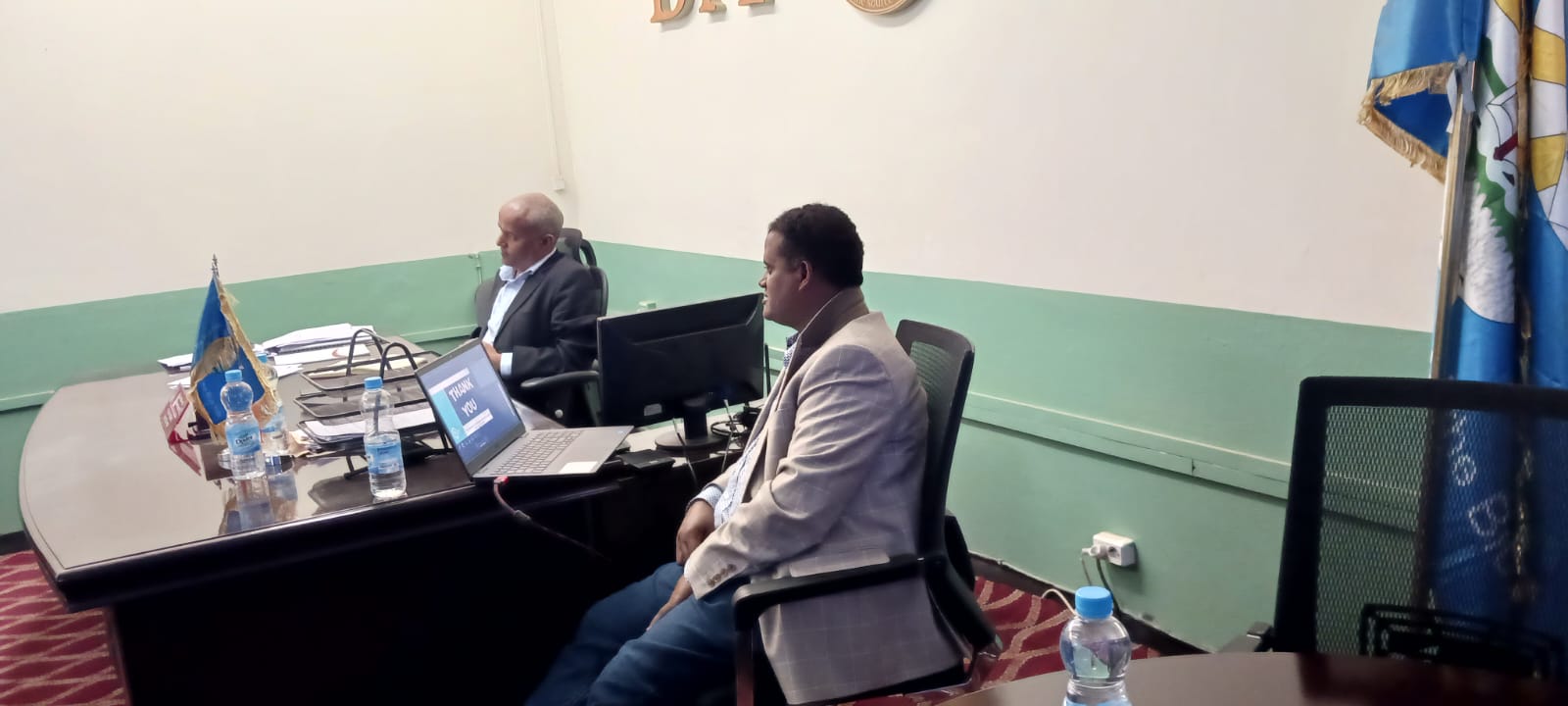
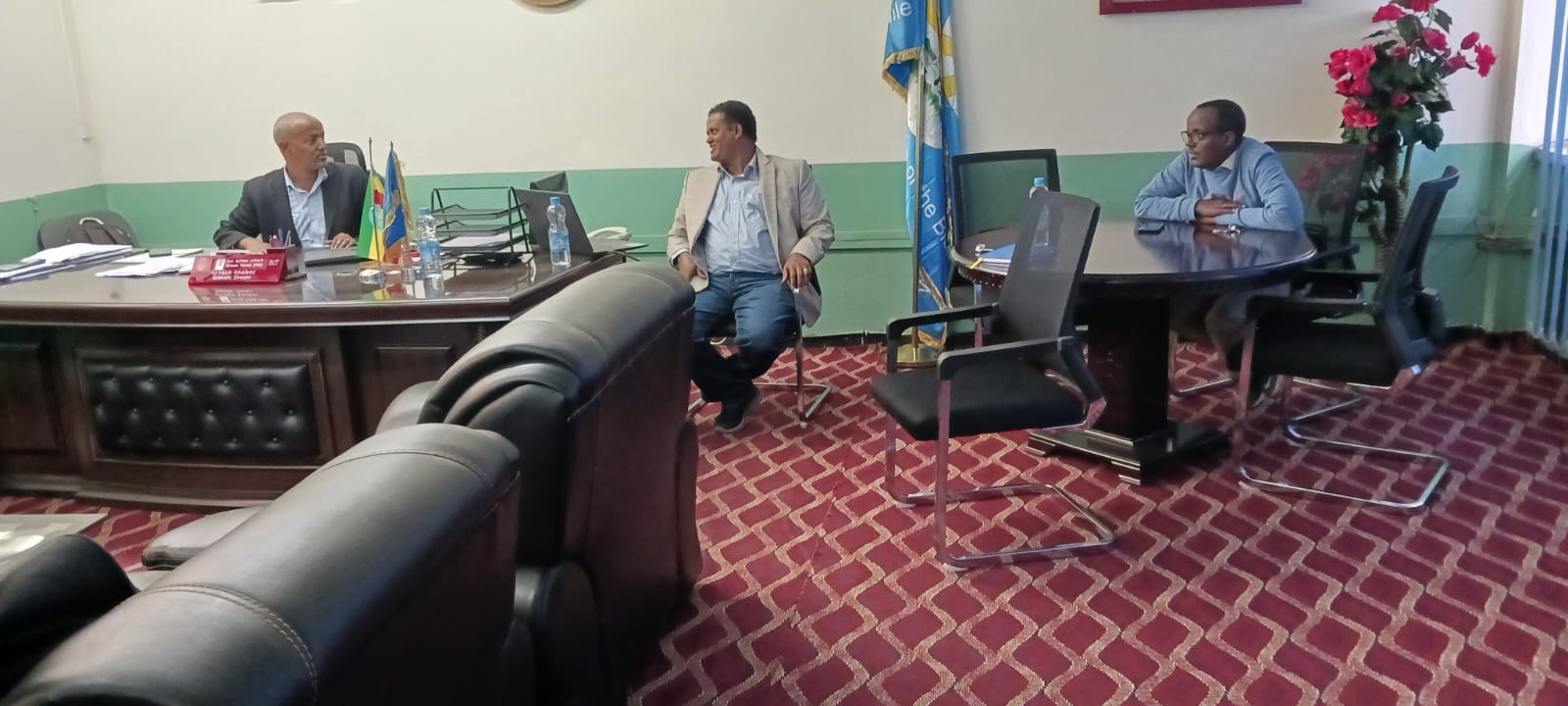
During the same meeting, the management team vowed to work very closely with PAN’s leadership team and introduce PAN to students and promote PAN in every way they see possible. The senior management team has emphasized to Tewodros that it wishes to have PAN help BiT with staff shortages, incubation center funding, education materials like the HPCs, and facilitation of collaboration between BiT’s incubation center and peer incubation centers that may exist in other universities abroad.
Tewodros’s visit to the BiT didn’t only end with teaching and having the meeting with the senior management. He also visited BiT’s incubation center having conversations with young innovators and engineers. The innovators explained to Tewodros what they do by demonstrating their experiments. Tewodros has since been inspired by the level of commitment those young innovators show and the power of their ideas and creativities. The innovations Tewodros had the chance to look include: 6th grade student making drones out of wood, a young female computerizing a manual plasma cutting machine, and another innovator producing packaging paper out of grass and straws. Other innovative ideas included developing apps for security cameras, making floor finishing products, producing plant-based protein powders, and making jams from sugarcane.
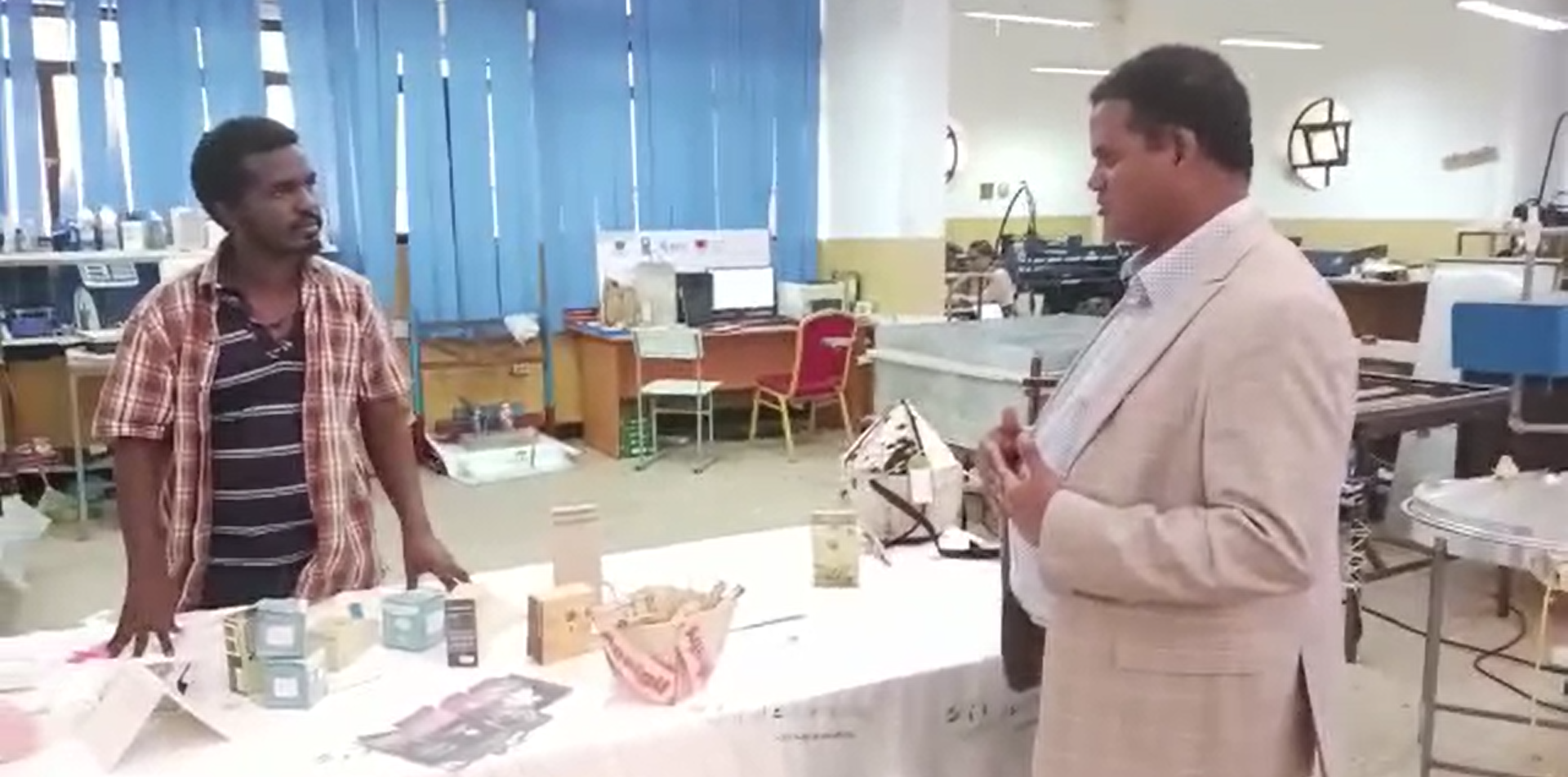

At the incubation center, Tewodros also got a chance to see the work of high school students who were working on the idea of making drones using some of the components from inhouse 3D printer, inhouse made microscope, soil-moisture sensor, and an intelligent multitasking home machines (LED light, Calculator, Fan and etc).
